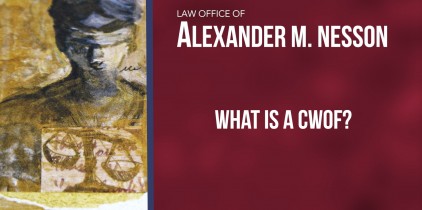If you Lose at Trial for Termination of Parental Rights, can you Appeal?
The answer is Yes, you can appeal in Massachusetts. However, if you wish to appeal, you must file a Notice of Appeal and you need to file this as soon as possible. There are strict time requirements. The attorney can say, if you have an attorney, that there is no “Colorful Basis” for an appeal. The idea is if the attorney thinks that it is completely frivolous. Generally, almost all cases have some appellate issues.
In Massachusetts in a DCF Care and Protection cases and in Termination of Parental Rights cases, what is a so-called Child Welfare Case?
What is the role of an attorney for the child? It can be confusing, there are Court Investigators, Guardian ad Litem or Next Friend. These though are not the ones representing the child.
There is a lot of ethical criteria and exceptions, but the assumption is that the attorney for the child should follow the child’s instructions or what the child wants. A Guardian ad Litem or a Court Investigator might look at what is in the best interest of the child, but again, if the child is able to articulate or verbalize at all, the attorney is supposed to follow what the child wants with some very limited circumstances where there are some exceptions.
If a child is very young and incapable of making a decision there are some issues in terms of potential harm to the child and the significant criteria, but in a way that the attorney substitutes their judgment; which there are some ethical criteria for the attorney about what they are supposed to do, it is a little bit different with again looking at what is in the best interest of the child.
For example, if a child says that they want to go home, even if there are some alleged safety issues in the home or the attorney thinks that it is not in the child’s best interest. There can again be some limited exceptions, but the attorney is supposed to follow what the client is telling them to do. The job of the lawyer is to represent the client and not to substitute their own judgment other than in some extremely limited cases.







